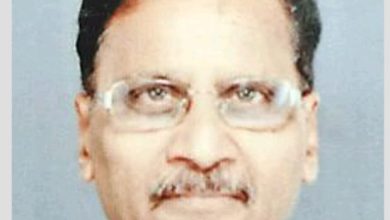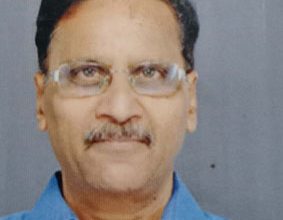Healthcare Transformation

Significant strides have been made by the Government in advancing healthcare in the nation, with a profound emphasis on bolstering medical education and enhancing medical standards, particularly in underserved regions.Over the span of a decade, commendable progress has been witnessed in elevating healthcare infrastructure and the associated workforce.
The augmentation of Medical Colleges, MBBS and PG seats through initiatives like the Central Sponsored Scheme (CSS) reflects a commendable move towards addressing prevailing challenges. The intent behind amplifying opportunities for medical education and training is to cultivate a larger pool of proficient healthcare practitioners, aptly equipped to cater to the healthcare needs of the populace.
The Government’s strategy to synergize medical colleges with district or referral hospitals and elevate Government Medical Colleges with Super-Speciality units augments the healthcare framework on multiple fronts. These strategic measures aim to enhance access to quality healthcare in rural and underserved enclaves,where the demand for medical facilities is pronounced.
This well-thought-out approach ensures equitable distribution of healthcare services, minimizing geographical disparities and bridging the healthcare divide between urban and rural sectors. Furthermore, the augmentation of Government Medical Colleges with Super-Specialty Blocks diversifies the spectrum of medical services offered, facilitating intricate medical interventions within local ambit.
The establishment of new AIIMS institutions across diverse geographical regions, many of which are operational, stands as a testament to the expansion of healthcare facilities. AIIMS is renowned for dispensing top-notch medical education, research, and healthcare provisions.
The presence of AIIMS centers has beckoned skilled medical experts, culminating in an overall amelioration of healthcare ecosystems within those locales. Yet, sustainability and quality assurance remain pivotal facets that warrant unceasing vigilance. The Government’s commitment to further invest in healthcare infrastructure, resources, and research underscores the dedication to supporting the burgeoning number of medical colleges and professionals. Scrutiny by the National Medical Commission ensures vigilant monitoring of these initiatives, fine-tuning them as necessary for continuous enhancement.
Easing norms for establishing new medical colleges and elevating faculty age limits manifest as strategies to surmount the scarcity of proficient educators and enrich medical pedagogy. A strong faculty base translates to superior medical education and, consequently, better-equipped healthcare practitioners. However, gaps persist, particularly in remote healthcare infrastructure, urban-rural healthcare discrepancies, and the perpetual need to refine healthcare quality.
The ambition of healthcare inclusivity necessitates ongoing collaborative endeavors, encompassing a spectrum of stakeholders, and the resolute implementation of policies and programs. Fostering preventive healthcare, amplifying public health awareness, and securing parity in healthcare dispensation are indispensable in shaping a resilient, all-encompassing healthcare system.






